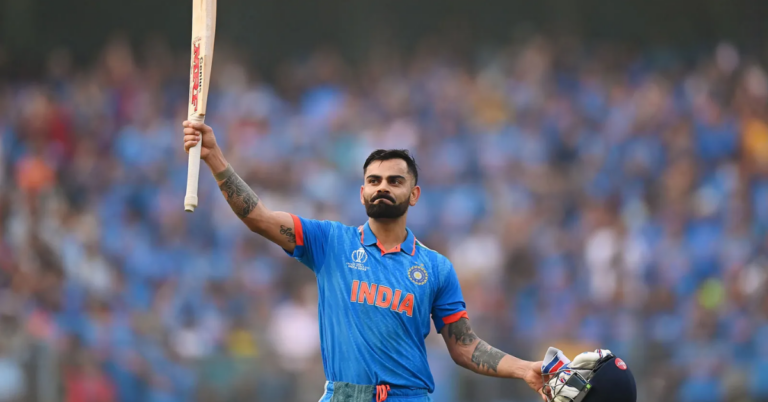The Evolution of Captaincy Styles: Learning from Iconic Cricket Captains
Reddy Anna Book, Betbook247: The role of a captain in team sports has undergone significant transformations over the years, adapting to the changing dynamics of the game. In its early origins, the captain was primarily a symbolic leader, responsible for representing the team on and off the field. Their main duty revolved around maintaining team spirit and unity, often acting as a mediator between players and coaching staff.
As sports evolved and became more competitive, the captaincy role transitioned into a more strategic position. Captains started to take on a more active role in decision-making during games, often influencing tactics and providing on-field leadership. This shift introduced a new dimension to the role, emphasizing not only the captain’s ability to inspire their teammates but also their tactical acumen and game awareness.
Early Influences on Captaincy
Early influences on captaincy can be traced back to ancient civilizations where leaders emerged to guide their communities in times of battle and turmoil. In ancient Greece, military leaders known as strategos were appointed to command troops and navigate the complexities of war. These early captains set the foundation for future leadership styles by exemplifying bravery, strategic thinking, and the ability to inspire their troops to victory.
Moreover, in medieval times, knights in Europe demonstrated qualities of chivalry and honor that influenced the role of a captain. Knights not only led troops into battle but also embodied a code of conduct that emphasized loyalty, courage, and humility. Their leadership styles paved the way for captains to be seen as more than just commanders, but as role models respected by their followers.
• In ancient civilizations, leaders emerged to guide communities in battle and turmoil
• Ancient Greek military leaders known as strategos set the foundation for future leadership styles
• Knights in medieval Europe demonstrated qualities of chivalry and honor that influenced the role of a captain
• Captains were seen as more than just commanders but also as role models respected by their followers
The Rise of Tactical Captaincy
One of the prominent trends in modern sports is the rise of tactical captaincy. In today’s highly competitive sporting world, captains are no longer just symbolic figures who lead the team on the field. Instead, they play a crucial role in strategizing and making quick decisions during gameplay. This shift towards a more tactical approach to captaincy has been driven by the increasing complexity of sports tactics and the need for strong leadership in high-pressure situations.
Tactical captains are not only expected to possess exceptional skill in their sport but also must have a deep understanding of game strategies and opponent analysis. They are responsible for orchestrating plays, adapting strategies on the fly, and motivating their team members to perform at their best. As the game evolves and becomes more fast-paced and dynamic, tactical captains provide a strategic edge by being able to read the game, anticipate opponents’ moves, and make split-second decisions that can change the course of a match.
What is the evolution of captaincy styles?
Captaincy styles have evolved over the years from being more traditional and authoritative to more tactical and strategic in nature.
What were some early influences on captaincy?
Some early influences on captaincy include the role of the team’s best player being appointed as captain, as well as the captain being seen as the team’s representative on and off the field.
How has tactical captaincy risen in prominence?
Tactical captaincy has risen in prominence due to the increasing complexity and competitiveness of modern sports, where strategic decision-making can have a significant impact on the outcome of games.
What are some examples of tactical captaincy in action?
Examples of tactical captaincy in action include making strategic substitutions, changing formations mid-game, and adapting game plans based on the opponent’s strengths and weaknesses.
How important is tactical captaincy in modern sports?
Tactical captaincy is now considered a crucial aspect of successful team leadership in modern sports, as it can often mean the difference between winning and losing crucial games.






